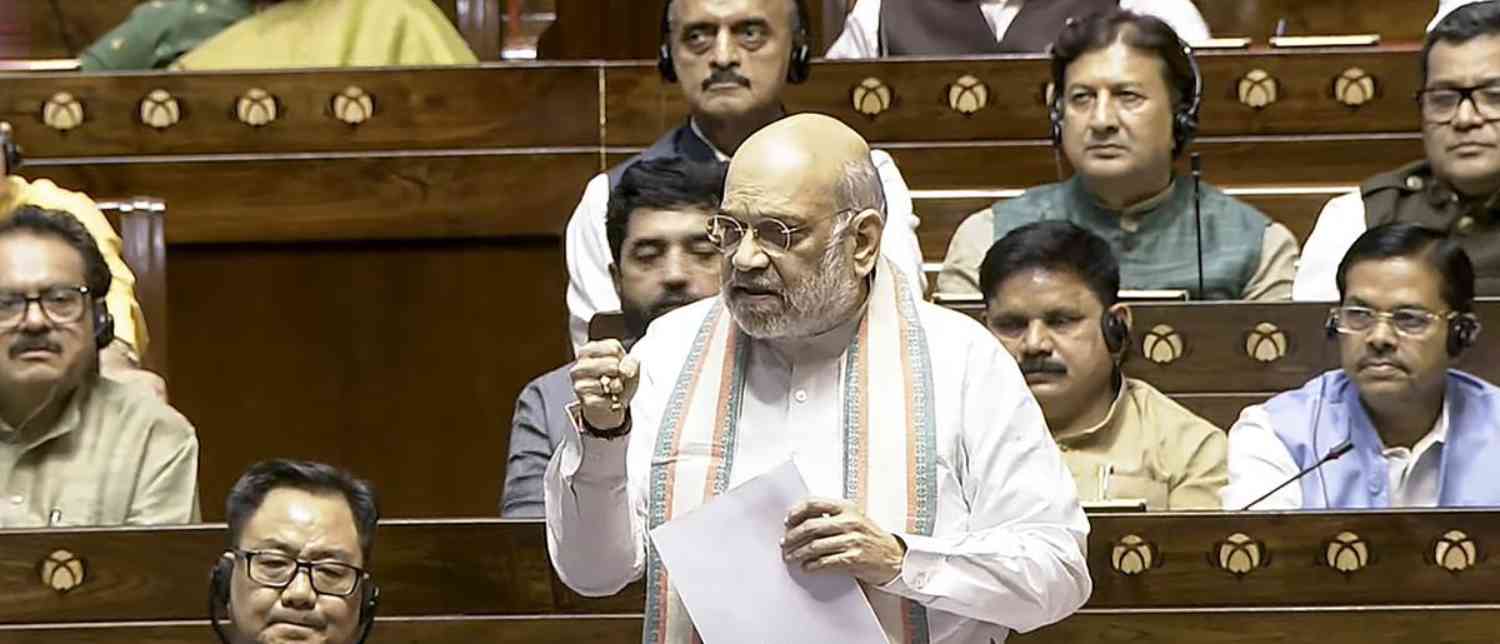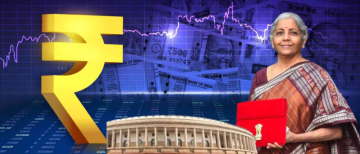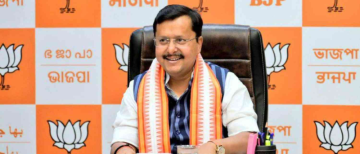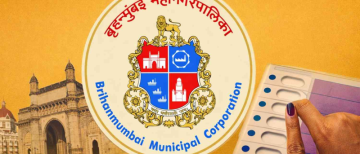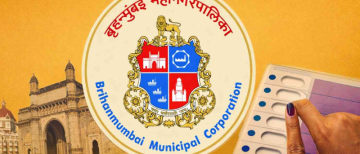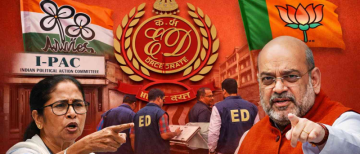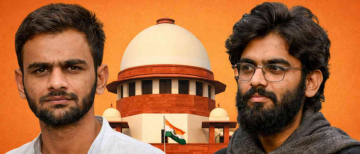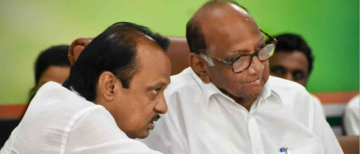As the 2025 Monsoon Session of Parliament kicks off, it marks not just another calendar fixture but a pivotal opportunity for India’s elected representatives to fulfil their core constitutional duty—deliberating on national issues, holding the government accountable, and safeguarding democracy. Traditionally seen as a forum for debate and legislation, Parliament has increasingly been overshadowed by partisan theatrics. With 11 out of the 15 sessions of the 17th Lok Sabha having been adjourned prematurely, there’s justifiable scepticism about whether this session will serve the people or the party lines.
This session, however, arrives amid pressing national concerns—from security failures and infrastructure collapses to economic discontent and transparency in governance. Citizens deserve answers, and it's the responsibility of Members of Parliament to demand them. Let’s examine the critical issues MPs must raise this monsoon session:
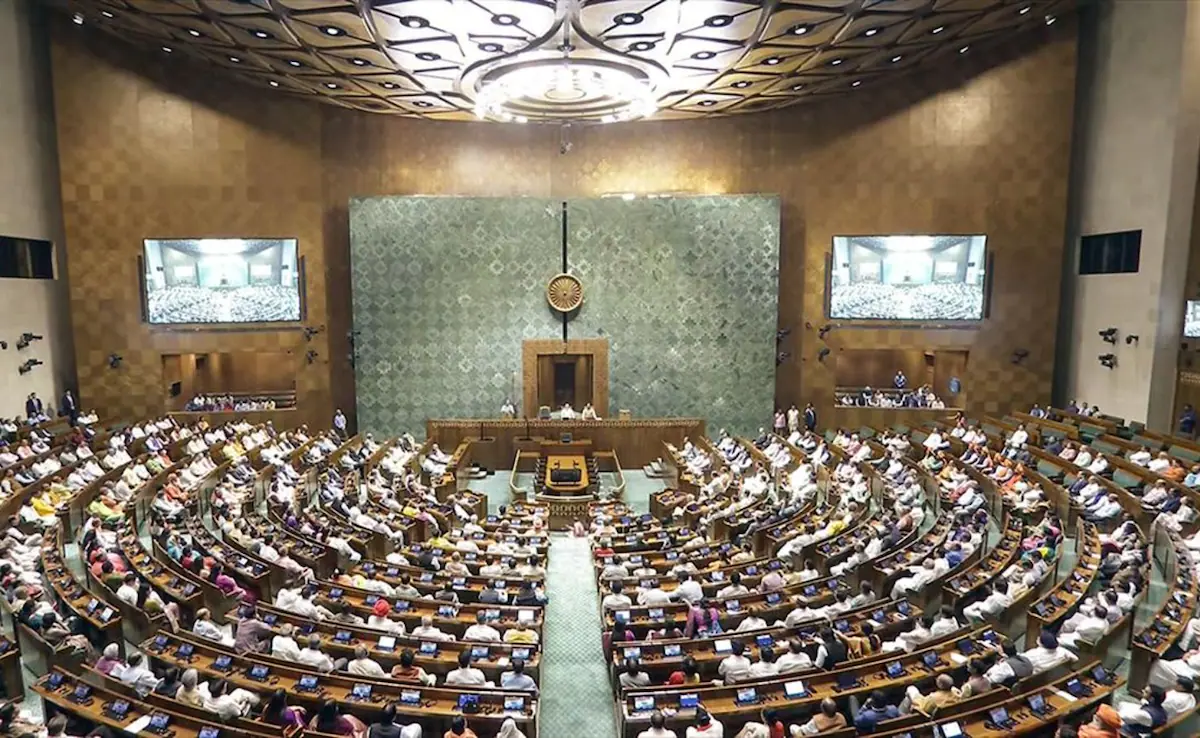
- National Security: The Aftermath of Operation Sindoor
The shadow of terrorism looms large after the chilling April attack in Pahalgam. The Monsoon Session is the first opportunity since the incident for MPs to seek accountability.
Key questions include:
-
What led to the intelligence and security lapse in Pahalgam?
-
Have the perpetrators been apprehended?
-
What exactly transpired during the four-day standoff?
Moreover, international dimensions must not be ignored. The government has repeatedly denied U.S. President Donald Trump's involvement in brokering a ceasefire. Still, speculation persists about America's sudden pivot in the region. Was this intervention linked to the BrahMos strike on Pakistan’s Nur Khan Airbase? Reports hint at sensitive U.S. involvement in safeguarding Pakistan’s nuclear assets at the site. If true, what are the implications for India's national security? MPs must demand clarity on this transnational concern.
- Air India Flight 171: Aviation Accountability in Question
The tragic crash of Air India Flight 171 en route from Ahmedabad to London, claiming 260 lives, marks one of the darkest chapters in India’s aviation history.
MPs should demand:
-
Full disclosure of cockpit recordings, akin to the transparency in the US Airways Flight 1549 incident.
-
Explanation for the unusual inference of pilot error in the preliminary report—a departure from standard aviation norms that avoid assigning blame early.
-
Clarity on whether the report was prematurely leaked to U.S. media and, if so, who was responsible?
-
Justification for the DGCA’s directive to airlines to inspect fuel switches—was this based on internal findings?
With over 350 million Indians flying annually, transparency and accountability in aviation are not optional—they are essential.
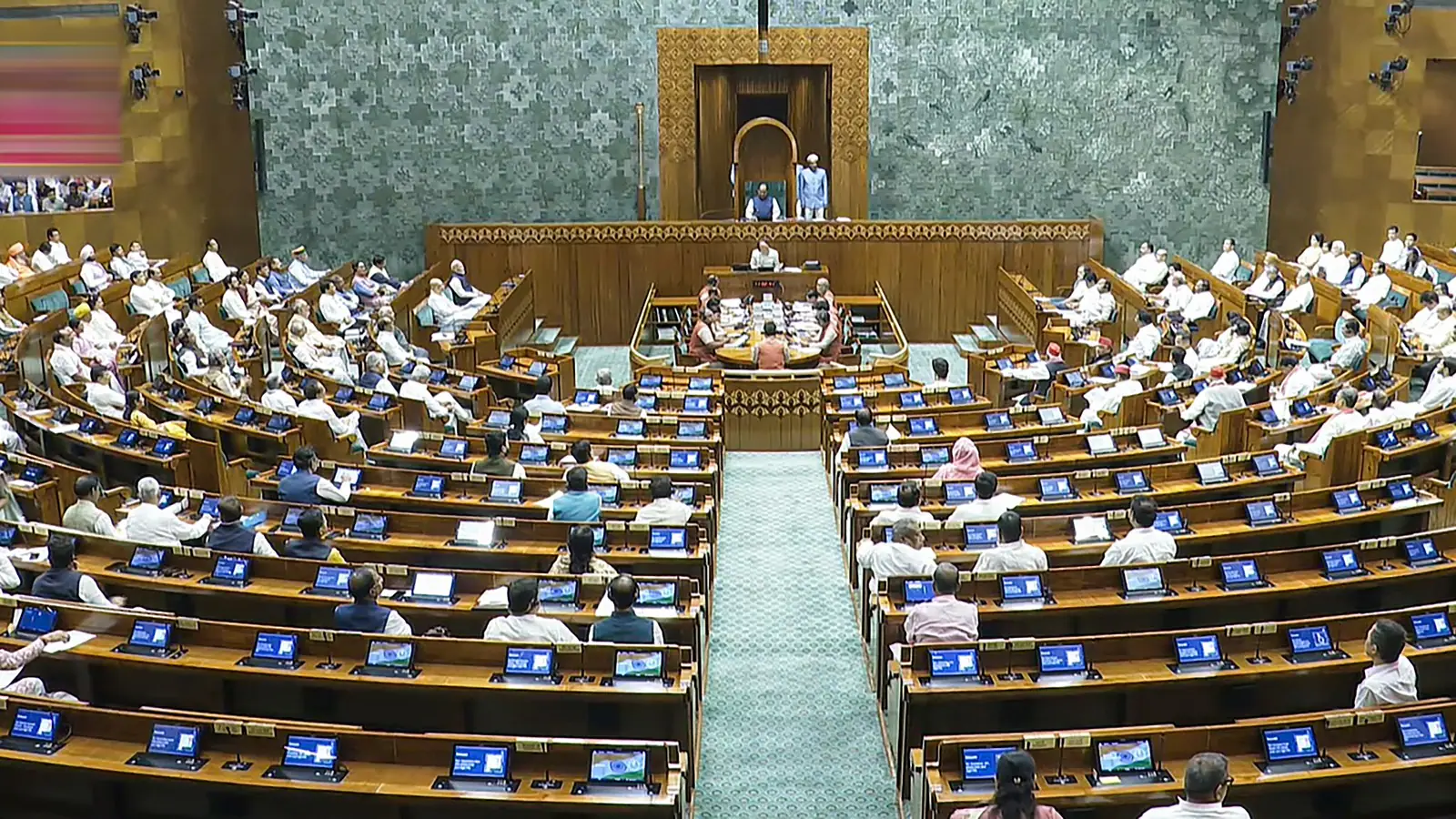
- Inflation vs. Reality: Dissecting the “2.1%” Illusion
The Ministry of Statistics recently heralded a year-on-year retail inflation rate of 2.1%—the lowest since January 2019. Yet, the disconnect between these numbers and the lived experience of citizens is stark.
Key areas for scrutiny:
-
Why does the public feel inflation is worsening, despite statistical claims?
-
What measures did the government implement to curb inflation? Are these sustainable or statistical happenstance?
-
Why are core items like edible oils (up 17.7%), fruits (up 12.5%), and personal care products (up 14.7%) still unaffordable?
Even the RBI’s Household Inflation Expectations Survey found that 80% of respondents believe prices will rise. The headline inflation may be low, but people’s kitchens tell a different story.
- Budget 2025 & MSME Credit: Promises vs. Delivery
In February, the government announced the launch of the Udyam Credit Card, aimed at improving credit access for micro enterprises. With a proposed limit of ₹5 lakh per card and a rollout target of 10 lakh cards in the first year, this initiative held transformative potential for over 27 million registered MSMEs.
Questions MPs must ask:
-
How many Udyam cards have actually been issued between April and June?
-
What is the operational status of this credit initiative?
-
How does this reconcile with the fact that government-run telcos like MTNL are defaulting on ₹8,585 crore to state-owned banks, while MTNL and BSNL collectively post over ₹72,000 crore in losses?
With a Budget 2025 disinvestment target set at ₹47,000 crore, transparency around MSME support and public-sector inefficiency must be at the forefront.
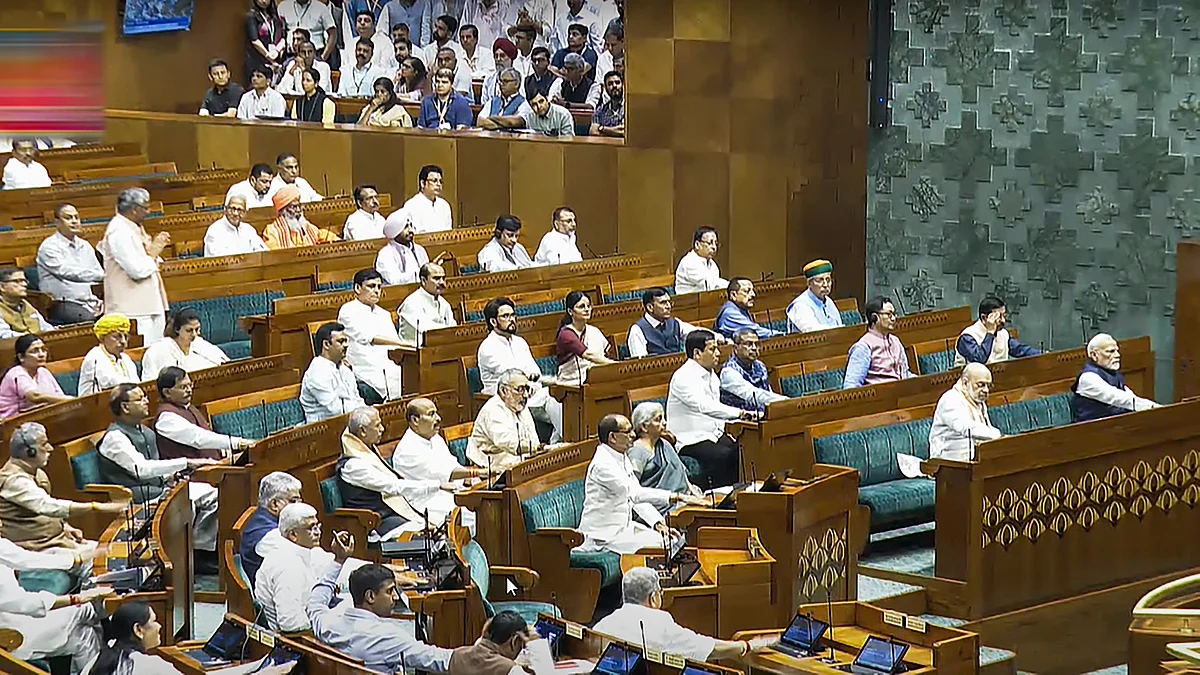
- Infrastructure Failures: Collapsing Bridges and Perpetual Potholes
July’s Vadodara bridge collapse that claimed 21 lives is just the tip of the iceberg. Nationwide, bridges, national highways, and expressways are rapidly deteriorating despite massive public expenditure.
MPs must demand:
-
A comprehensive status report on bridge inspections and the 2016 promise to assign expiry dates to ageing infrastructure.
-
A white paper detailing the funds spent on pothole repairs annually across states.
-
Establishment of a national technical committee to examine construction flaws.
Citizen-led initiatives like IndianPotholes.com are already documenting road hazards in real time. It’s time the government caught up with civil society.
Performance in Parliament: Who’s Representing the People?
One year into the 18th Lok Sabha, PRS Legislative Research data reveals a worrying pattern of disengagement among some of the BJP’s most seasoned MPs, including former Union ministers.
Highlights include:
-
Zero Questions Asked: Ravi Shankar Prasad, Radha Mohan Singh, Mahesh Sharma, Sakshi Maharaj, Udayanraje Bhonsle, Abhijeet Gangopadhyay, and Rajpalsinh Jadav.
-
Zero Debate Participation: Nine BJP MPs, including Union Minister Narayan Rane and Shivmangal Singh Tomar.
-
Poor Attendance: Udayanraje Bhonsle posted just 60% attendance, the second lowest among BJP MPs.
In contrast, 31 BJP MPs asked over 100 questions, with first-timer Praveen Patel (Phulpur) leading at 160. Notably, actor-MP Ravi Kishan asked 138 questions with only 69% attendance. Smita Wagh and Bhartruhari Mahtab both crossed the 150-question mark.
The Parliamentarians Who Show Up and Speak Up
Sixteen BJP MPs logged 100% attendance, including Jagdambika Pal, Nishikant Dubey, and Janardan Mishra. Pal, aged 74, participated in 75 debates, exemplifying commitment. Others like Dilip Sakia and P.P. Chaudhary also demonstrated robust participation.
Smita Wagh summed up her active role aptly: “Since I have been an MLA, I know how to utilise Parliament’s time to raise people’s issues. That is why my questions figure in Lok Sabha every second or third day.”
Ex-Chief Ministers and Celebrities: A Mixed Bag
Former CMs like Shivraj Singh Chouhan (now in the Union Cabinet) and Basavaraj Bommai have shown decent engagement—Bommai asked 75 questions with 83% attendance. Jagadish Shettar and Biplab Deb also contributed moderately.
Among celebrities:
-
Arun Govil (Ramayan’s Lord Ram): 92% attendance, 81 questions, 13 debates.
-
Kangana Ranaut: 79% attendance, 73 questions, 9 debates.
-
Hema Malini: Just 40% attendance, 16 questions, 4 debates.
The disparity among high-profile MPs raises questions about public accountability and the purpose of celebrity candidacies.
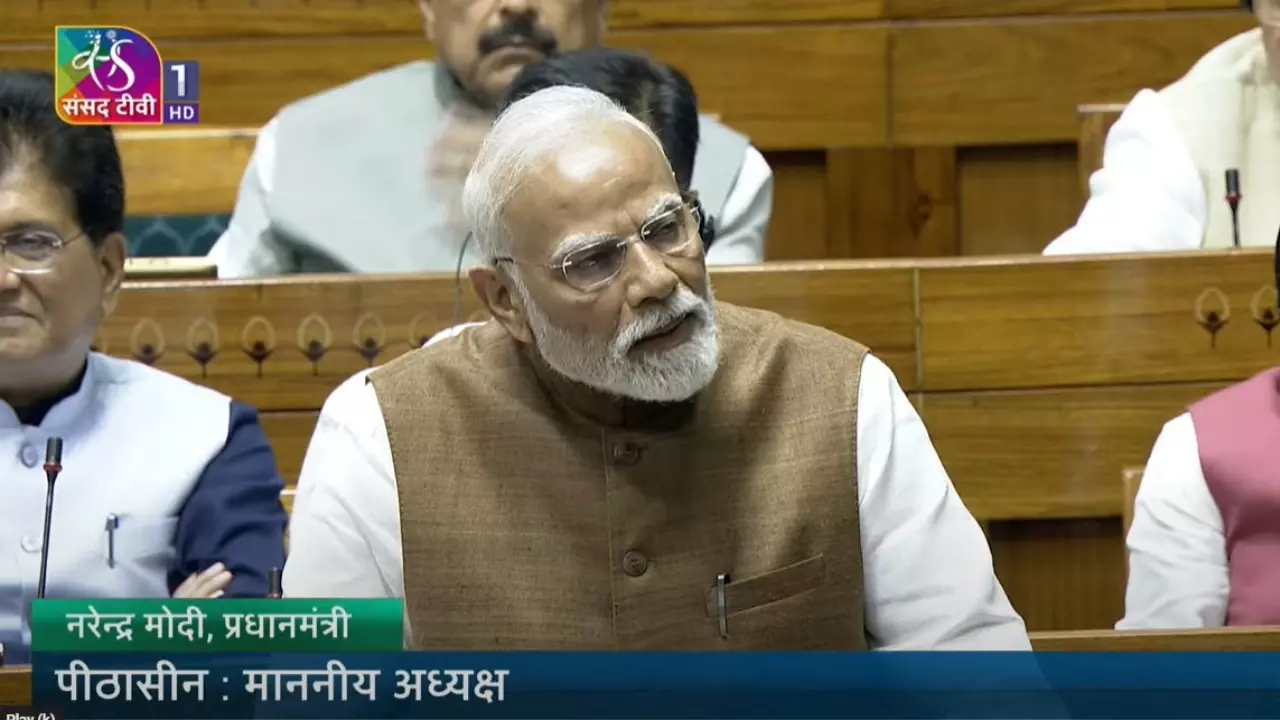
The Road Ahead: Governance Needs Participation, Not Posturing
As the session progresses, MPs must not simply show up—they must speak up. Parliament must not be reduced to a ritualistic theatre of political rivalry. The legitimacy of democracy rests on informed debate, transparency, and accountability.
The infrastructure collapse, economic contradictions, and legislative lapses are not just political talking points—they are matters of life, livelihood, and national integrity.
A Parliament that listens, asks, and answers is not optional—it is fundamental.
The Monsoon Session of 2025 is a critical test of India's parliamentary democracy. MPs have before them a checklist of urgent national issues. Whether they choose to represent their electorate or toe the party line will shape the nation’s political narrative. It’s time to move from silence to scrutiny, from rhetoric to responsibility.
Let the monsoon bring not just rain, but reason.
With inputs from agencies
Image Source: Multiple agencies
© Copyright 2025. All Rights Reserved. Powered by Vygr Media.

